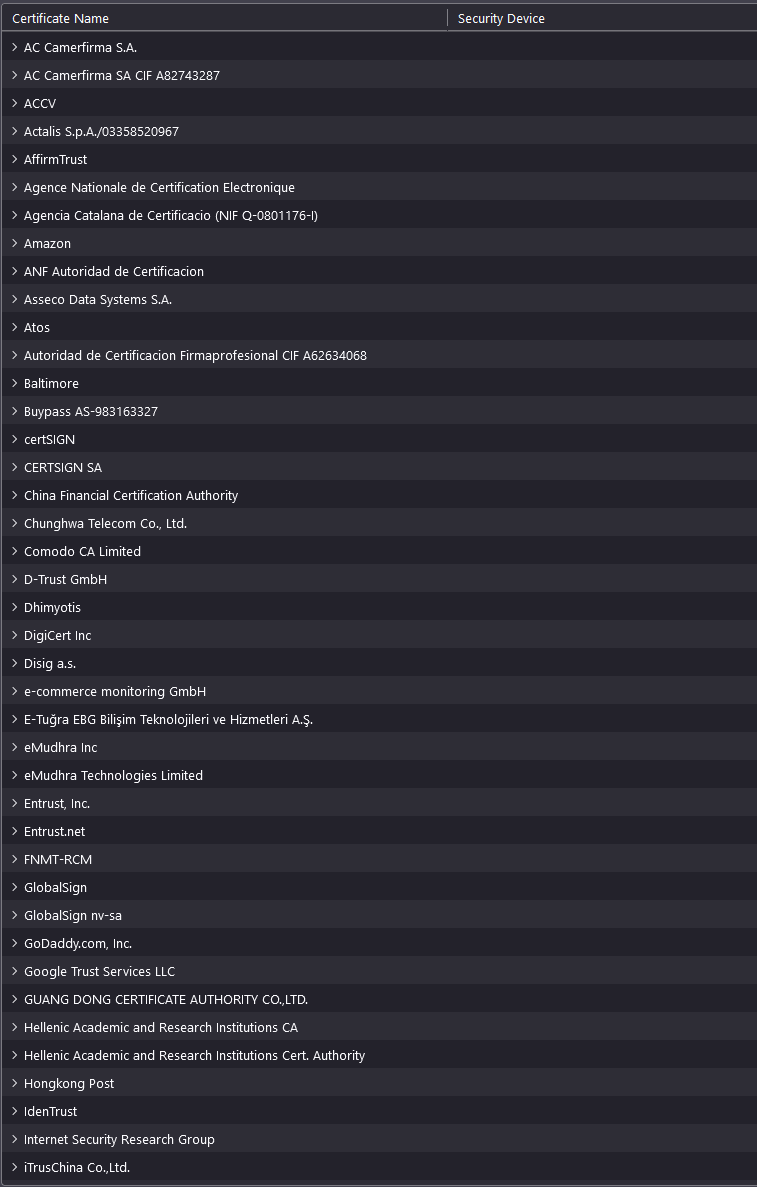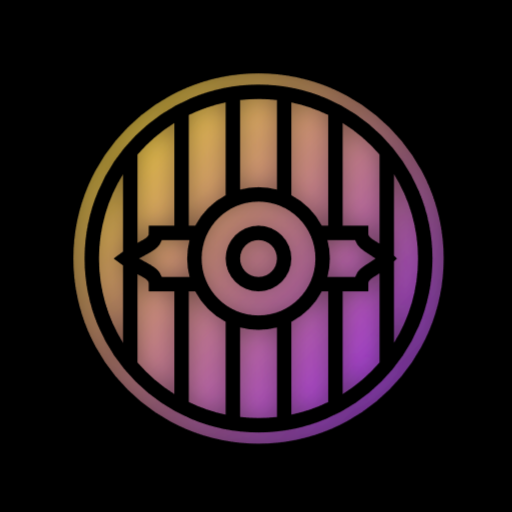Hi,
If you don’t know how work the chain of trust for the httpS
You might want to watch this video https://invidious.privacydev.net/watch?v=qXLD2UHq2vk ( if you know a better one I’m all ears )
So in my point of view this system have some huge concerns !
- You need to relies to a preinstalled store certificate in your system or browser… Yeah but do you know those peoples ??!! it might seem weird, but actually you should TRUST people that YOU TRUST/KNOW !!
Here an extract from the certificate store om Firefox on Windows.

I do not know ( personally ) any of those COMMERCIAL company !
- Of course we could use Self-certificate but this is not protecting against Man-in-the-middle_attack . Instead of using a chain (so few 3th party involved , so increasing the attack surface ! ) why not using something simpler !? like for example
- a DNS record that hold the HASH of the public key of the certificate of the website !
- a decentralized or federated system where the browser could check those hash ?
Really I don’t understand why we are still using a chain of trust that is
- not trusted
- increase the surface of attack
- super complex compare to my proposals ?
Cheers,
Why I don't use the term SSL
Because actually httpS now use TLS not anymore ssl https://en.wikipedia.org/wiki/Transport_Layer_Security


Thanks for you reaction @[email protected]
Yes trough Dnssec, or something else ?
Maybe we should go toward a blockchain ? but maybe it’s overkill ?
Just promote DANE. You could even use self-signed certificates considered as trusted because they are set in a DNSSEC-signed TLSA Resource Record for a host, protocol and port. Unfortunately, end-user software adoption is not the best currently.